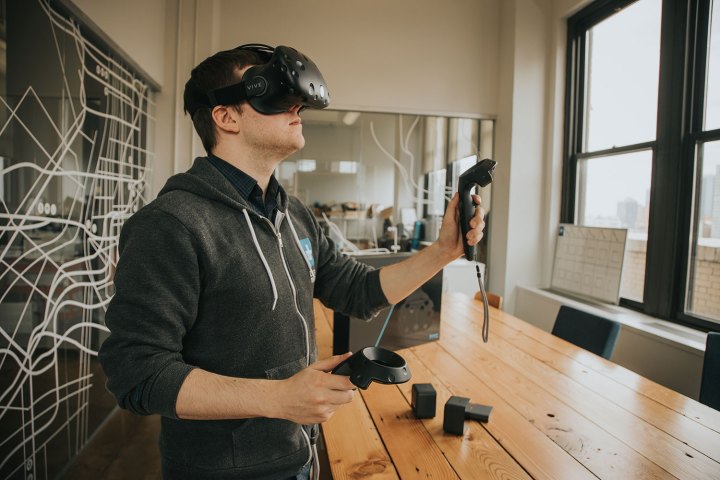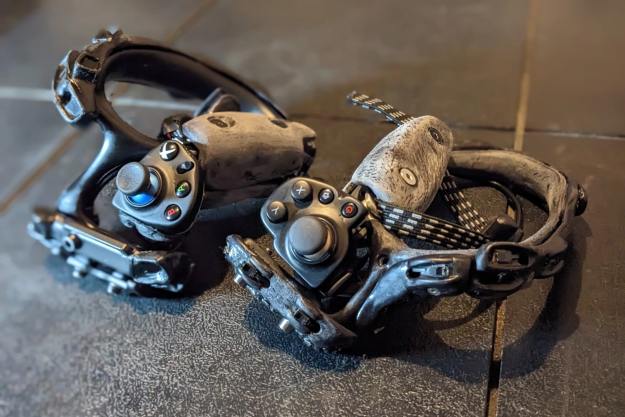
Alan Yates, a Valve employee closely involved with the company’s Lighthouse tracking system for the HTC Vive, told the public about the company’s switch in focus on the Vive’s subreddit thread. He says he was lucky to start working when he did since it was right around when Michael Abrash, a renowned programmer currently employed as chief scientist at Oculus VR, had begun the Augmented Reality/Virtual Reality research team. That was back in 2011.
Abrash left the team in 2014 but the remaining key individuals who solved the hardest technological obstacles and laid the groundwork for the headsets we have today are still there and working on the next generation of headsets. Yates says that “digitally mediated reality is one of those incredibly impactful technologies, short of human space flight or life sciences. I can’t imagine working on something of more significance right now.”
It’s apparent we’re sitting on the brink of a shift between the time before virtual reality and the time after. Companies are fighting over who can cook the tastiest VR cake, and there’s already a range of times to choose from. Gloves and full-body suits with tactile feedback, omnidirectional treadmills for moving around in VR (without destroying your house), and headsets with a large Field of View (FOV)are just some of the developments being made to improve our virtual experiences.
But even with all of these developments, it’s usually hard to understand just at what scale companies are investing in the technology, especially those that work in fields supporting VR such as Valve, Samsung, and Sony. Having Valve dedicate a third of its workforce to VR means it’s getting more than just serious.
Valve is a company famous both as a game developer and owner of the world’s largest digital store for games, and has developed such classic games as Half-Life and Portal, and the digital store Steam is host to more than 1,800 games according to its official website. More recently the company also released the Vive, which was developed in a partnership between Valve and phone manufacturer HTC.
Taking into account both that hardware, which we thought was excellent, and the number of employees working on this technology, the company certainly seems to have the will and dedication to drive advances in the VR space. That dedication will be necessary as the market grows and companies put the pedal to the metal in the race for consumer attention.
Editors' Recommendations
- Quest Pro 2: What we know about Meta’s next premium VR headset
- HTC just fixed a major shortcoming of standalone VR headsets
- What is VR?
- I streamlined my PC VR setup, and now I use it more than ever
- Here’s everything I learned using the HTC Vive XR Elite at CES 2023


